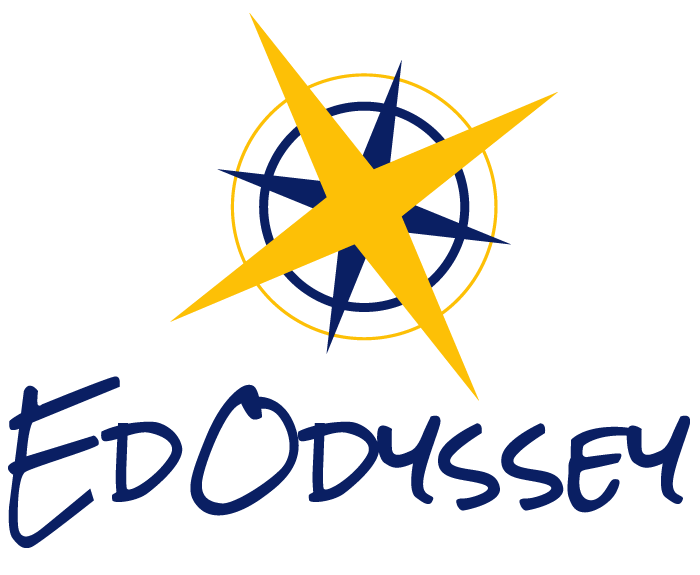Blog
The EdOdyssey Educator: May 2021 Newsletter
For travelers and study abroad enthusiasts, gain unique insights into World News and EdOdyssey News in the blog version of our monthly newsletter, in case you missed it!
Marymount University Supports Students with Medical Spanish Scholarships
The Center for Global Education at Marymount University supported their students who aspire to work in healthcare-related fields with Latinx Patient scholarships.
Cultural Modules for Medical Spanish: The Importance of Cultural Context in Treating a Latinx Patient
Anyone who speaks more than one language can tell you that vocabulary and terminology are not the only things that change when communicating with someone in a different tongue: cultural knowledge and context are crucial to effective and accurate communication. This is certainly true for many Latinx communities in the United States. Along with the English-Spanish language barrier, cultural differences and fear of cultural misunderstandings also hinder communication for Latinx people and can make reaching out for help especially difficult.
Search previous blogs here.

